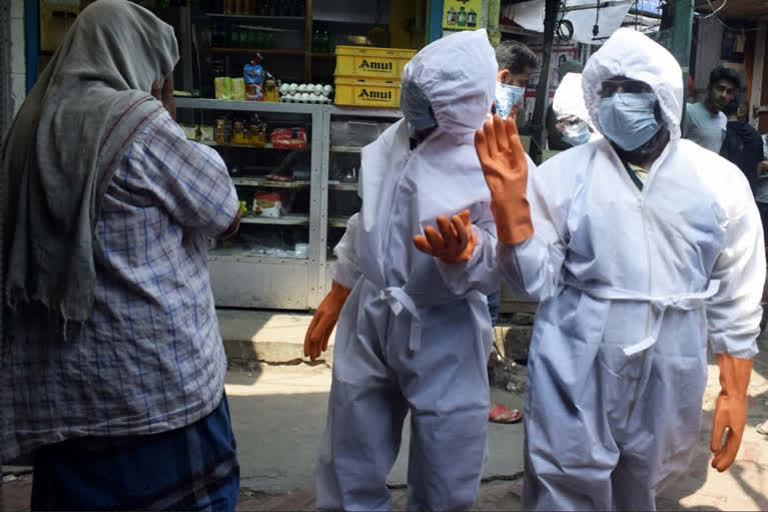Pune (Maharashtra): A serological survey has revealed that a major chunk of the population of Pune, which has become a hotspot for COVID-19, might have developed immunity against the virus.
According to Dr Aarti Nagarkar from the Indian Institute of Science Education and Research, 1664 samples were used for the survey conducted from July 20 to August 5. Blood samples were taken from 1,664 citizens of Yerawada, Kasba Peth-Vishrambag, Rasta Peth-Raviwar Peth, Lohia Nagar-Kasewadi, and Navipeth-Parvati in Pune.
The survey found that 51.05 per cent of people had developed antibodies required to fight coronavirus. This could be the result of asymptomatic infections. The survey also found that the virus might have spread across the city without many people knowing about it.
Since the survey was carried from July 20, Dr Nagarkar stated that it could be said that the infection was present in samples before that for 15 days. The survey was carried out on people in the age group of 18-65. People above 66 years of age did not seem to be affected as much as the 18-65 group.
All kinds of dwellings were covered ranging from flats, bungalows, chawls in the survey, spread across five major regions of Pune that were most hit by coronavirus. It was observed that people living in chawls were most affected while the ones living in apartments were least affected.
Read: 57% of Mumbai slum population has developed antibodies: Study
The survey found that 52.8 per cent men and 50.1 per cent women were infected with coronavirus. The lowest incidence of coronavirus among people over the age of 66 is 32.6 per cent, with the highest incidence being between 51 and 65 years at 50.0 per cent. The highest prevalence of coronavirus is 56 per cent to 62 per cent among slum dwellers. The prevalence of corona was highest among those who use public toilets.
Meanwhile, in Mumbai, 18 per cent of citizens have been infected with the global coronavirus, said Dr Caesar Sengupta. The lab estimates that 180 million people across the country have been infected with coronavirus. The test started on June 26.
"At that time we were doing 500 to 600 tests. Now we are doing 3,000 to 3,500 tests a day. So far, we have done 74,000 tests. Of these, 18 per cent have tested positive for Coronavirus. These people have developed antibodies to fight the virus," he added.
Read: Over 23% of Delhi’s population exposed to coronavirus, shows sero-survey results



